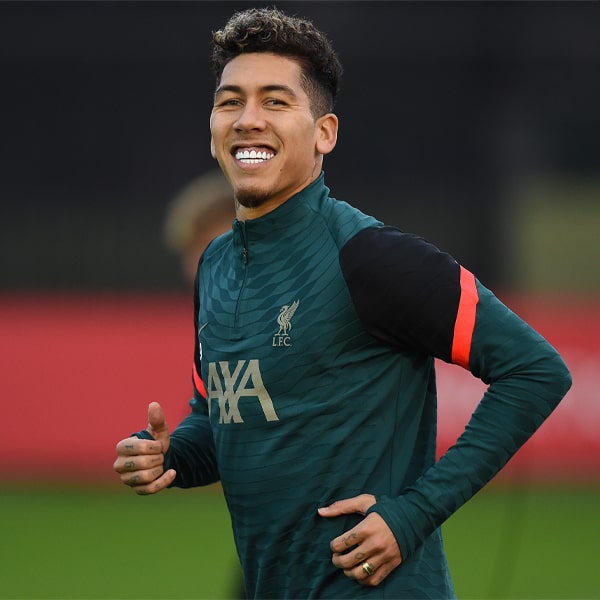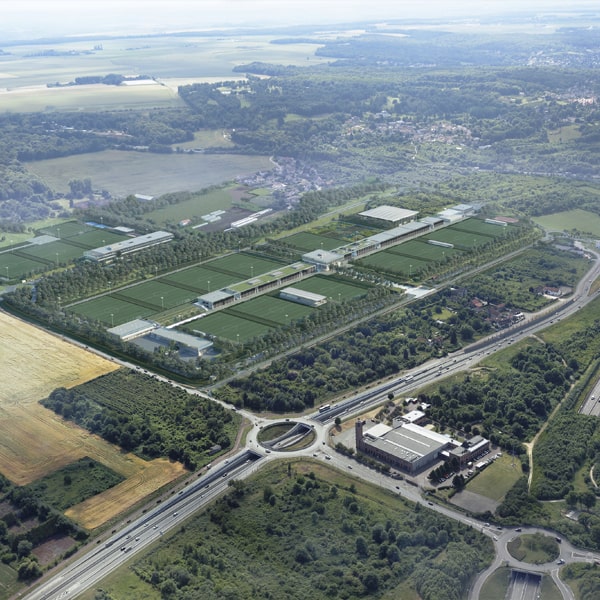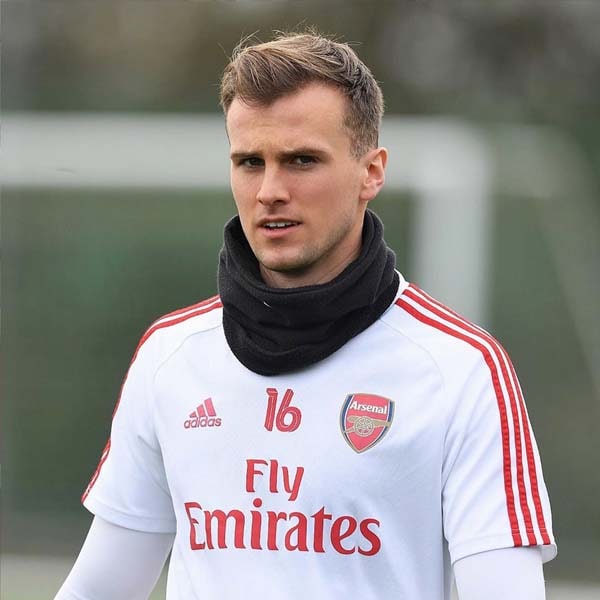Rob Price Interview - SoccerBible Football Training
How ready are you for the new season? Is your training up to scratch? The SoccerBible Pre-Season Training series continues with an exclusive interview with Liverpool FC Head Physio, Rob Price.
Rob has been part of the back room staff at the famous club for 5 seasons now, and has his hands full in trying to keep those Premier League stars injury free and match fit. We caught up with Rob to chat about pre-season, diets and what to do if your team-mates kick you in training...

above: Paul Small (L) and Rob Price (R) of Liverpool FC
SoccerBible: How closely do you work with the fitness coaches at Liverpool during pre-season training?
Rob Price: It's not just pre-season - the link with fitness and strength and conditioning coaches is paramount all season. We meet with them daily, but also have weekly planning meetings with them to ensure that everything goes as smoothly as possible.
SB: Does this vary at different times of the season? As the winter sets in for example?
RP: Pre-season is a very different time so we have to do things differently. We're not confined by the constraints of competitive football so you can train harder, for longer, you can go to different places to train as well. This means we get the players for 24hours a day, where you can do at least a couple of different sessions a day - which does make our job harder in terms of keeping on top of injuries and the recovery times for those players.

SB: Do you monitor and analyse each of the players performance during pre-season?
RP: Our fitness coaches will monitor every training session for these players, looking at recovery, how long they sleep, daily weights and urine analysis - taking lots of data and parameters on them to make sure they are in then optimum condition to train.
SB: Does this allow you to identify any issues earlier?
RP: Of course - there are certain indicators that point to a player getting overloaded. Fitnees staff will look at heart rates, we use GPS systems to monitor their loads during sessions, we can use sleep paterns and simple questionnaires - as well as talking to the other medical staff on their feedback how the players are.

SB: How important is a players diet during pre-season training?
RP: We try and promote a good diet for all of our players. We do use some supplementation, should we feel they are short in any areas of their diet, but if you eat the correct foods and in the correct proportions, we find they don't need any extra to help them through. Its as simple as making sure the food they eat is healthy, varied, includes lots of vegatables.
Each player has to look after themselves. We cant be with them 24/7 and there will be times when their diet will slip, but as long as it is in moderation they should be able to get away with it.

Compare football now to 10, 15 years ago - when they used to come back for pre-season and spend the first few weeks running off any excess weight. Last season our net weight gain wasn't a gain at all - it was a loss. The players are coming back in better condition than they have been previously. Of course, they don't get as much of a break these days either! 3 weeks away from football - less if they're away with international teams.
SB: How do you avoid injuries, especially as PST intensifies as you get closer to the start of the season?
RP: It's difficult because traditionally there are "pre-season" injuries. The Achilles is a common one for this. We educate the players to make sure they have the right equipment for their training - when they do running drills they don't run in football boots, they do it in running shoes. We offer them special socks that are there to help take away moisture so they reduce any blister problems. The staff are here to look after the players and know them well, so pick up on any small changes that may be affecting them.

At Liverpool this might be different to other clubs, we don't see this increase in pre-season injuries due to the measures and steps we take. The biggest injuries we get are when competition starts, contact between players where they like to kick each other [!] - sometimes that does happen in training too!
SB: Any tips to share on helping to minimise injuries?
RP: Simple - use and wear the correct equipment for your training. If you don't you leave yourself prone to injury straight away. Make sure you're well prepared - don't go from doing nothing for 3 or 4 weeks in the summer to straight into competitive football. Its's a gradual process to increase the load on your body. Rest is important too - make sure you are taking the right amount - training for 14 days straight without a break isn't a good idea.
Finally and most importantly, make sure the training you are doing is appropriate to what you are trying to achieve. Its not good just running around for 2 weeks without a football - you need to get out there and kick the ball around to.
SB: Would this differ for younger players?
RP: Of course - younger players also need to be careful on how they load their body, especially ones before maturity. If you overload too much early, you run the risk of structural damage further on, so it is a different training mentality than with adults.







